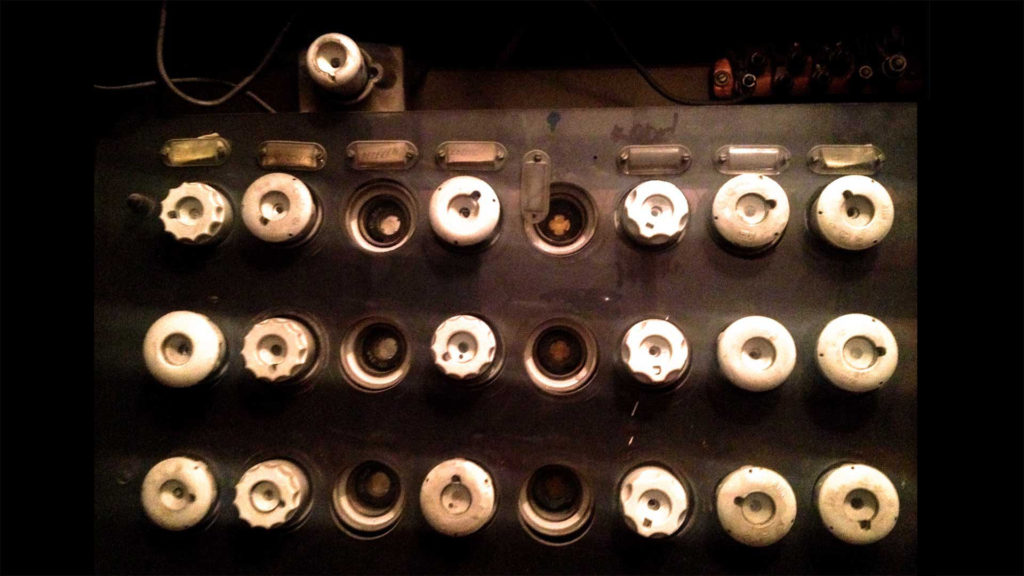re: Matthew Zapruder’s oversimplistic championing of democratic, simple poetry, and Johannes Göransson’s smart and urgent take down: what seems to be at stake is not simply Zapruder’s incredibly reductive view of language and poetics and what constitutes a quality poem. It’s so much more. It’s not even the reduction of pleasures that we can gain from such a blinkered version of poetry. It’s his terrible assumption that we, regardless of background, are not all capable and often incredibly facile with and sometimes delighting in the unraveling of complex sentences, thoughts, words. As if only smart, or academically trained people are capable of working with Gertrude Stein. It’s the way in which his dumb-down approach, in perhaps an attempt to make poetry more accessible (of course it already is accessible, precisely because it models our human capability of letting language taking multiple and divergent forms) puts anything deemed as “difficult” under the bus of pretentiousness and academic elitism. It tells people not to think hard, only to consume poems written in simple language, not to try to piece things together in ways that are wired differently from “plain speech”, and it tells people not to spend time on poetics that ask for your attention, that ask you to, as Apple says, think differently.
This is, I’m afraid, one of the primary reasons we got to this point in the first place: our anti-intellectual climate, and a failing set of educational systems which are not teaching people how to think critically. In the end, Zapruder’s argument employs a super-pernicious binary. The deployment of an “easy to read” vs “hard to read” (and who gets to decide, anyway?) opposition sets out anyone who writes things differently as an enemy of the people: either we think ourselves above the people, or we engage in the same kinds of obfuscating tactics that have so radically devalued any version of truth. Quite frankly, this binary, and the prioritizing of the simple version of poetry, lets people off the hook. It tells them that they shouldn’t bother honing the precise skills that might help end this dumbed-down regime
There is indeed a problem with the New Criticism model that Zapruder critiques – there are terrible issues with a pedagogy wrapped around unlocking the poem, of finding the single meaning, of mastery. And it’s true that many teachers still employ New Critical methods – but many don’t. The solution, here, is to create new pedagogical models, not to limit the definition of poetics to simple words, correct syntax, digestible meaning.
Links to Zapruder’s original article and to Göransson’s response:
Zapruder:
Göransson:
https://www.poetryfoundation.org/harriet/2017/07/to-vibrebrate-in-defense-of-strangeness
